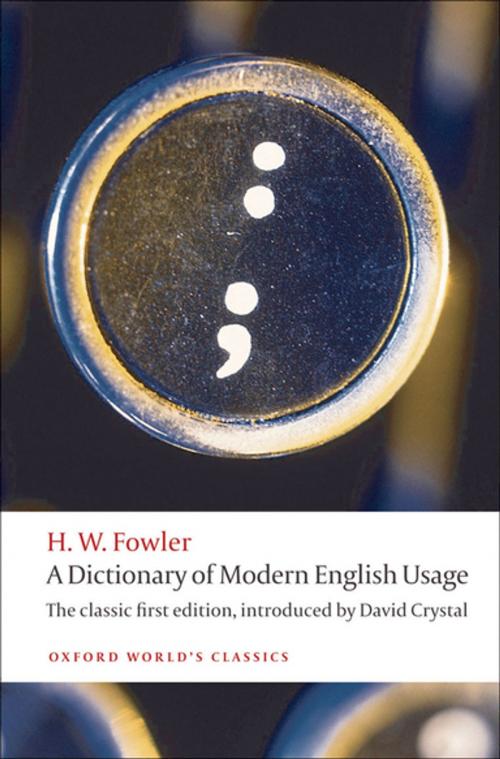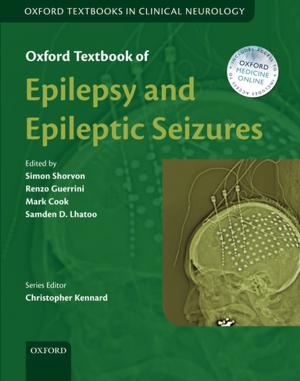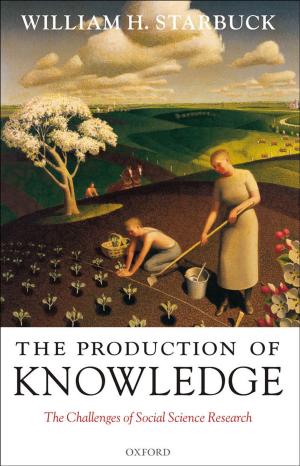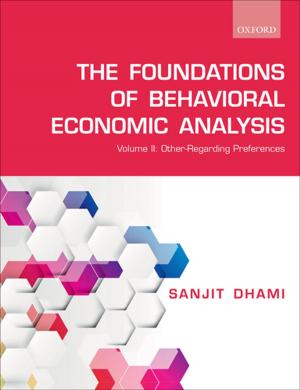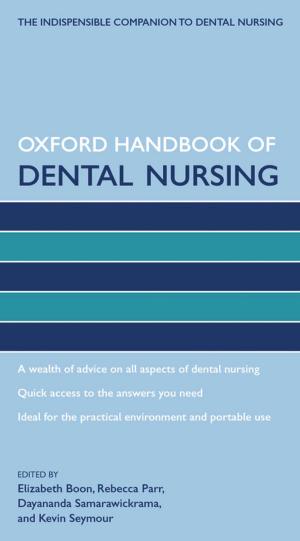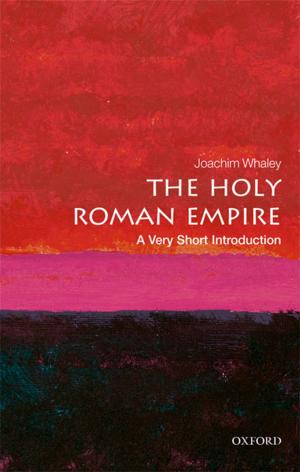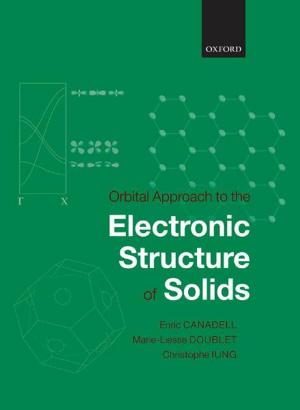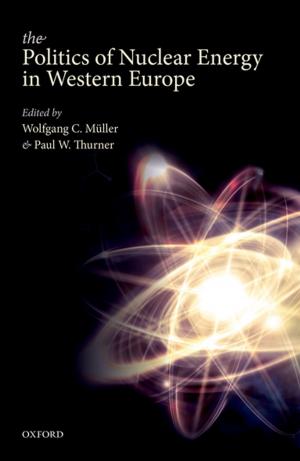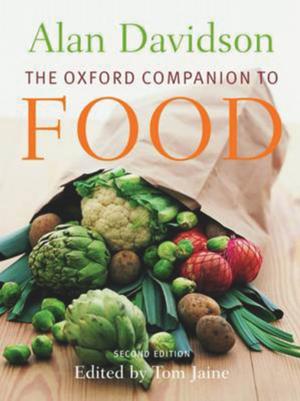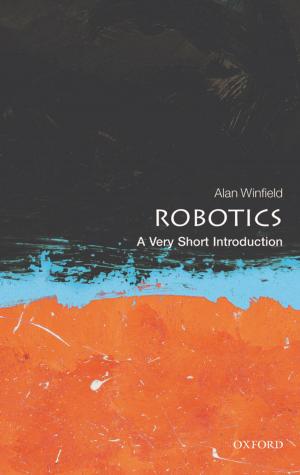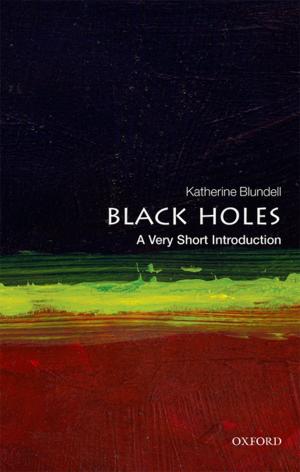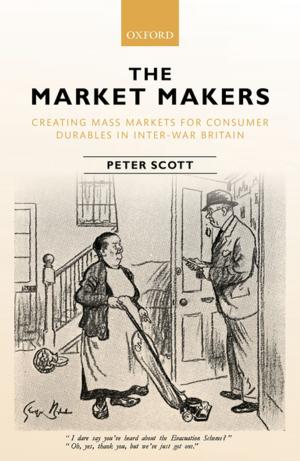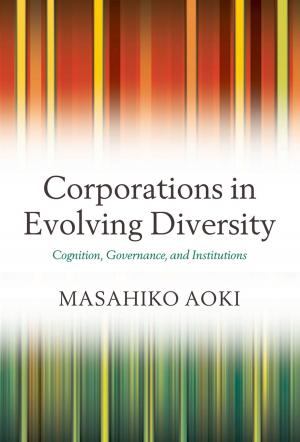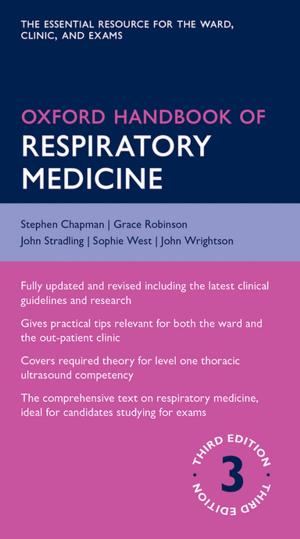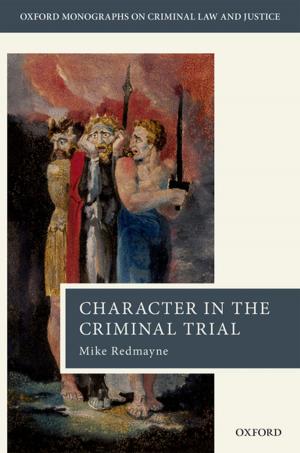A Dictionary of Modern English Usage:The Classic First Edition
The Classic First Edition
Nonfiction, Reference & Language, Dictionaries, Language Arts, Grammar| Author: | H. W. Fowler | ISBN: | 9780191615115 |
| Publisher: | OUP Oxford | Publication: | September 10, 2009 |
| Imprint: | OUP Oxford | Language: | English |
| Author: | H. W. Fowler |
| ISBN: | 9780191615115 |
| Publisher: | OUP Oxford |
| Publication: | September 10, 2009 |
| Imprint: | OUP Oxford |
| Language: | English |
No book had more influence on twentieth-century attitudes to the English language in Britain than Henry Fowler's Dictionary of Modern English Usage. It rapidly became the standard work of reference for the correct use of English in terms of choice of words, grammar, and style. Much loved for his firm opinions, passion, and dry humour, Fowler has stood the test of time and is still considered the best arbiter of good practice. Now one of today's leading experts on thelanguage, David Crystal, has reassessed Fowler's contribution in this fascinating new edition.Crystal goes beyond the popular mythology surrounding Fowler's reputation to retrace his method and practice and arrive at a fresh evaluation of his place in the history of linguistic thought. With a wealth of entertaining examples he looks at Fowler's stated principles and the tensions between his prescriptive and descriptive temperaments. He reaches some surprising conclusions and shows that the Dictionary does a great deal more than make normative recommendations and expressprivate opinions. In addition he offers a modern perspective in notes on some 300 entries, in which he shows how English has changed since the 1920s, including the pronunciation of certain words.
No book had more influence on twentieth-century attitudes to the English language in Britain than Henry Fowler's Dictionary of Modern English Usage. It rapidly became the standard work of reference for the correct use of English in terms of choice of words, grammar, and style. Much loved for his firm opinions, passion, and dry humour, Fowler has stood the test of time and is still considered the best arbiter of good practice. Now one of today's leading experts on thelanguage, David Crystal, has reassessed Fowler's contribution in this fascinating new edition.Crystal goes beyond the popular mythology surrounding Fowler's reputation to retrace his method and practice and arrive at a fresh evaluation of his place in the history of linguistic thought. With a wealth of entertaining examples he looks at Fowler's stated principles and the tensions between his prescriptive and descriptive temperaments. He reaches some surprising conclusions and shows that the Dictionary does a great deal more than make normative recommendations and expressprivate opinions. In addition he offers a modern perspective in notes on some 300 entries, in which he shows how English has changed since the 1920s, including the pronunciation of certain words.
